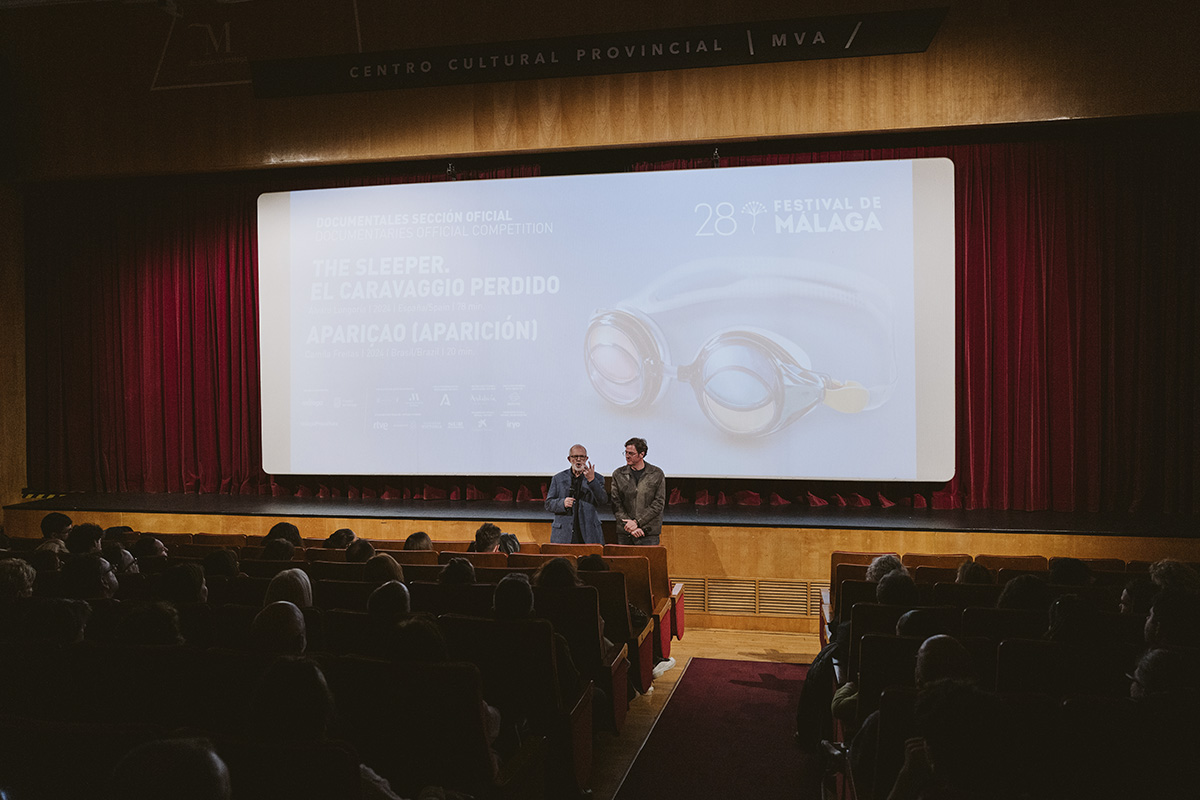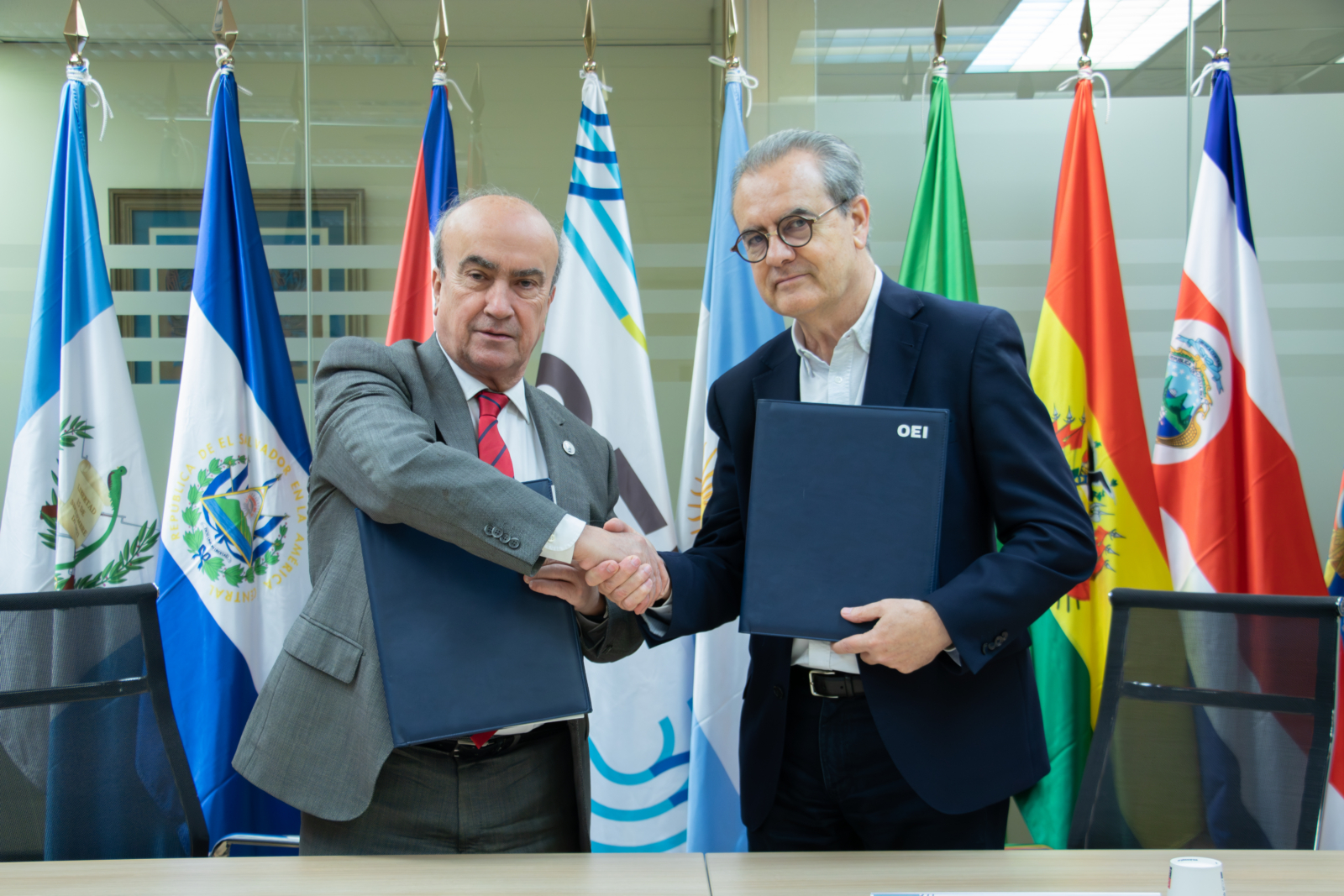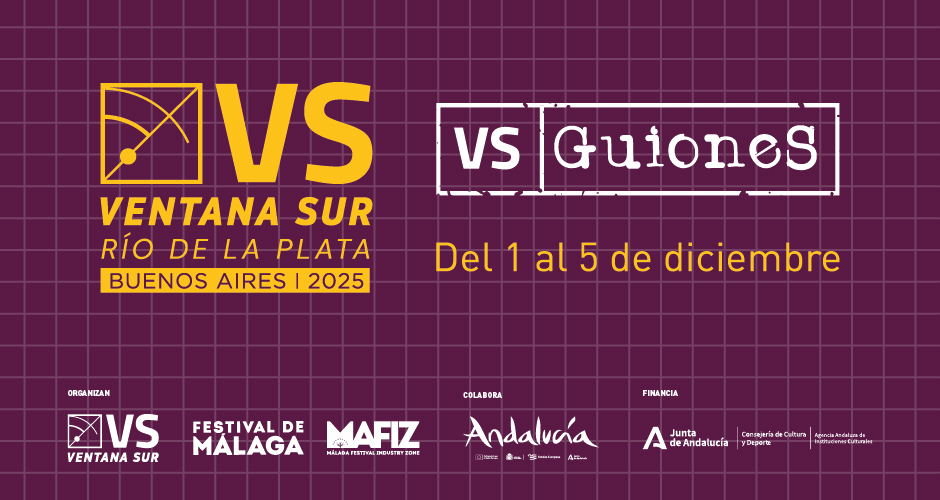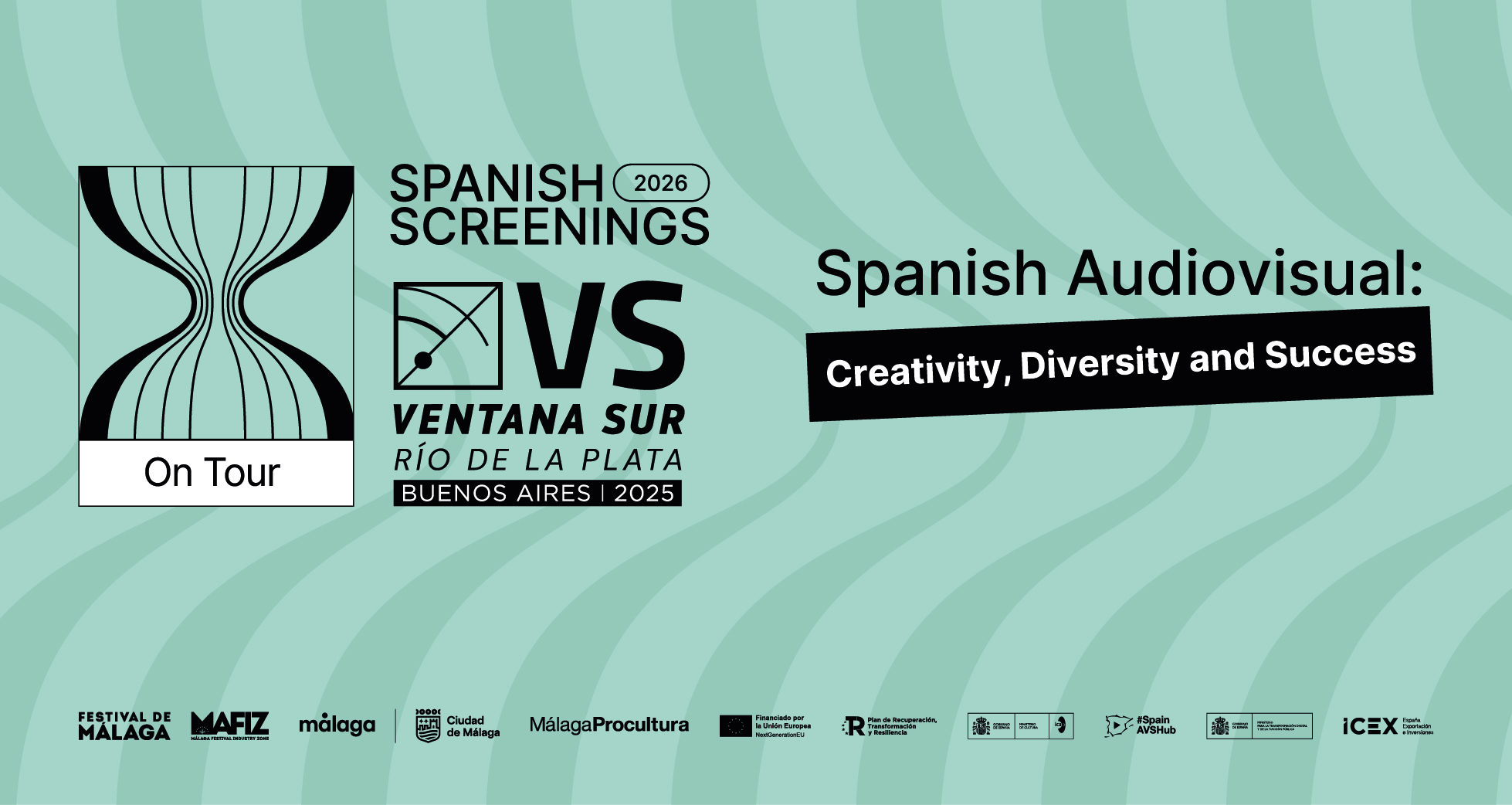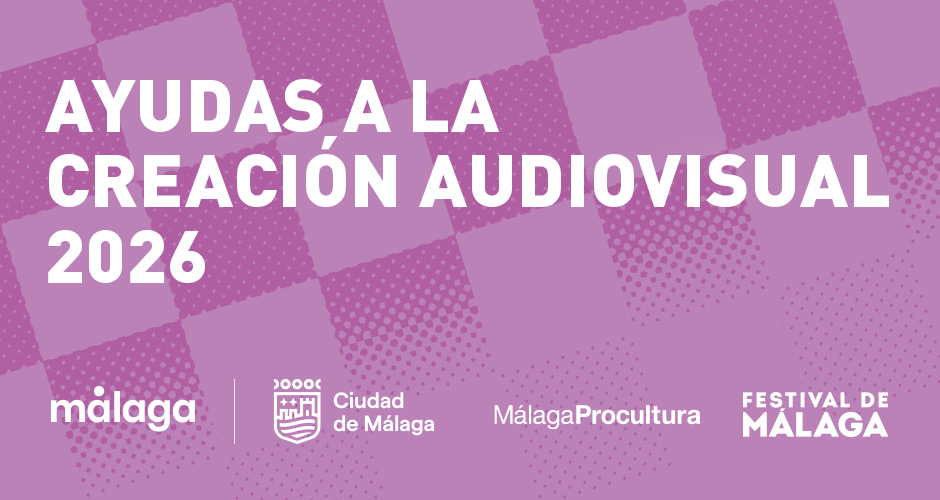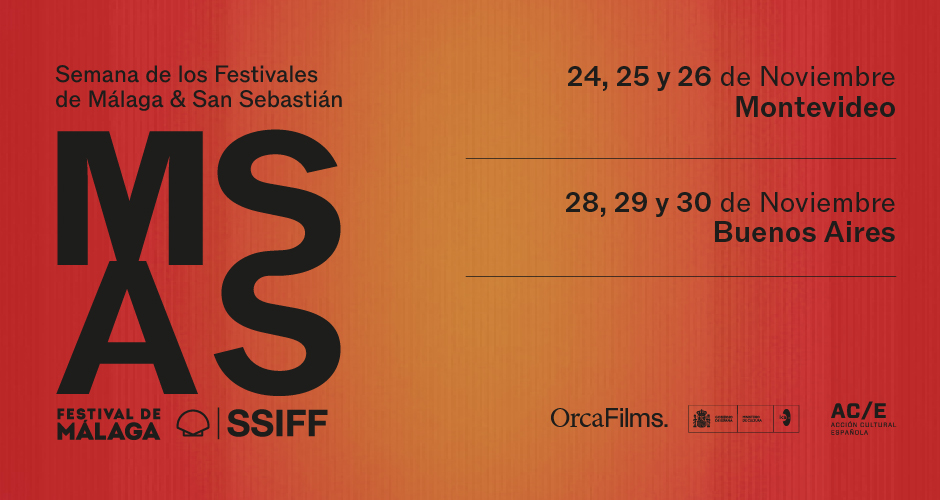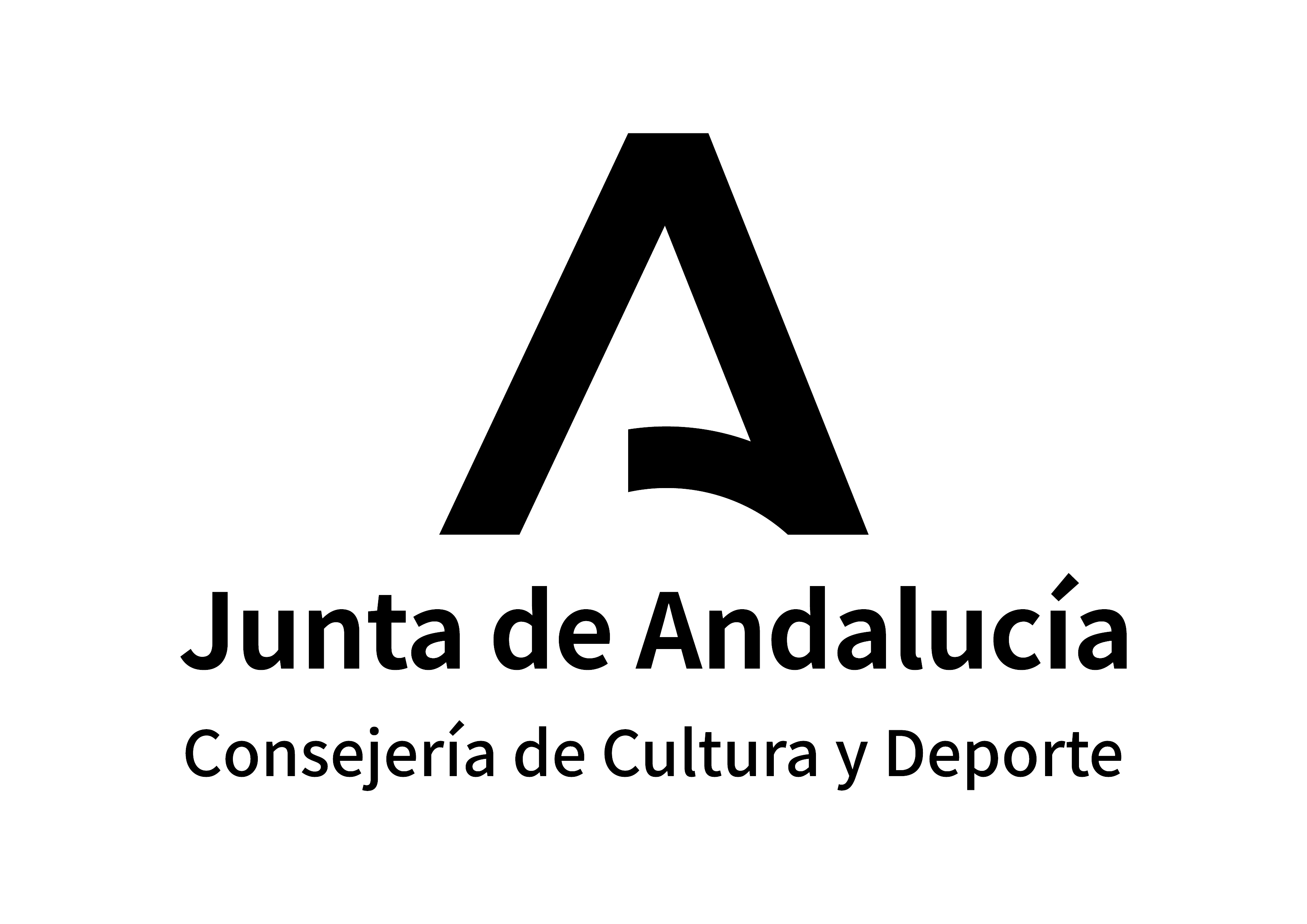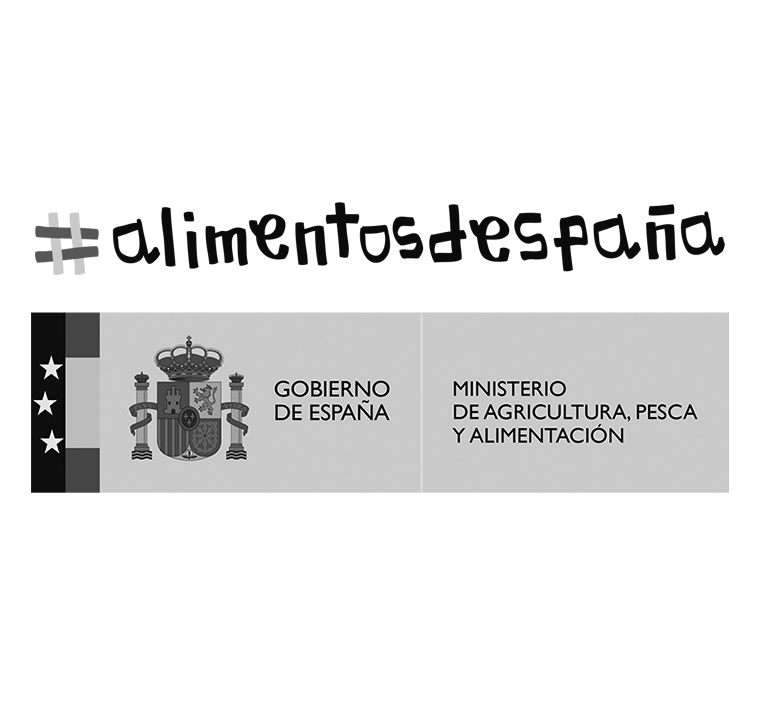The Official Documentary Section will be screening national, Brazilian and Mexican productions on its second day.
A forgotten work of art, a missing architect and an intergenerational relationship compete for the Biznaga at the Festival de Málaga
The second day of the Festival de Málaga's Official Documentary Section began with the presentation of the short film 'Apariçáo', directed by the Brazilian filmmaker and director of photography Camila Freitas. Told in the first person, this film deals in a very intimate way with some of the most deeply rooted Afro-Brazilian traditions, such as the connection to spirituality through domestic rituals, something that is passed down from generation to generation.
In 'Apariçáo' we see a sensitive dialogue between the director and her grandmother, a woman who communicates with spirits such as the caboclo Indaia, her spiritual guide and relative. The term caboclo, which here evokes the spirits of healers linked to jungle peoples, could be used in a colonial context to refer to enslaved, catechised or mestizo Indians, as opposed to those who escaped assimilation and Christianisation.
The audience was then treated to the feature-length documentary 'The Sleeper. El Caravaggio perdido', directed by Álvaro Longoria. The producer and director won the Goya in 2012 for best documentary for 'Hijos de las nubes'. In this new documentary thriller, lvaro Longoria offers an exclusive look at the complex ancient art market, focusing on the rediscovery of a lost painting by Caravaggio, one called Sleeper. A painting that, for years, hung in the living room of a family in Madrid, which put it up for auction for only 1,500 euros. After being recognised by art experts and art dealers, an intense race to acquire it is unleashed.
"Three and a half years ago I was lucky enough to hear a rumour about a lost Caravaggio. And now seeing our documentary for the second time on a big screen makes me very excited. We had the privilege of entering all the museums in Italy to record only Caravaggio's paintings. It was incredible," confessed Álvaro Longoria in the meeting with the audience after the screening.
In the second screening on Saturday 15 March, the Official Selection hosted the screening of 'Incorrespondencias' by the young filmmaker Eduardo de Armiñán, who in this film essay narrates his coexistence with his grandfather, Jaime de Armiñán. Emotional and sad memories that will give rise to issues such as isolation, death, art and an unforgettable legacy.
"I think it's very important to make films about things that really happen in our lives. My films are born out of this need to express myself. Although it is as personal as my documentary, I consider it necessary to direct as if it were a work of fiction," argued de Armiñán about his way of making films. A career that began in 2019, when he joined his father in the creation of the documentary 'El niño de las dos culturas'.
At the end of the day, the director Maria Mauti presented her documentary 'Miralles', a film that reflects the vision of the world of one of the most important Spanish architects on the international scene, Enric Miralles. The architect, who died at the age of 45 in 2000, is buried in the Igualada Cemetery, one of his masterpieces, and from there his life and his creations are inextricably linked. Fluctuating in different architectures, the narrator talks to a ghost, evokes it in its spaces, asks questions, crosses the threshold between death and life.
"I had already made a film about an architect before, and little by little I realised that architecture could express itself. I understood that architecture could be narrative. In the case of Miralles, during the research process I saw that architecture could give me answers," explained Mauti.
Share








